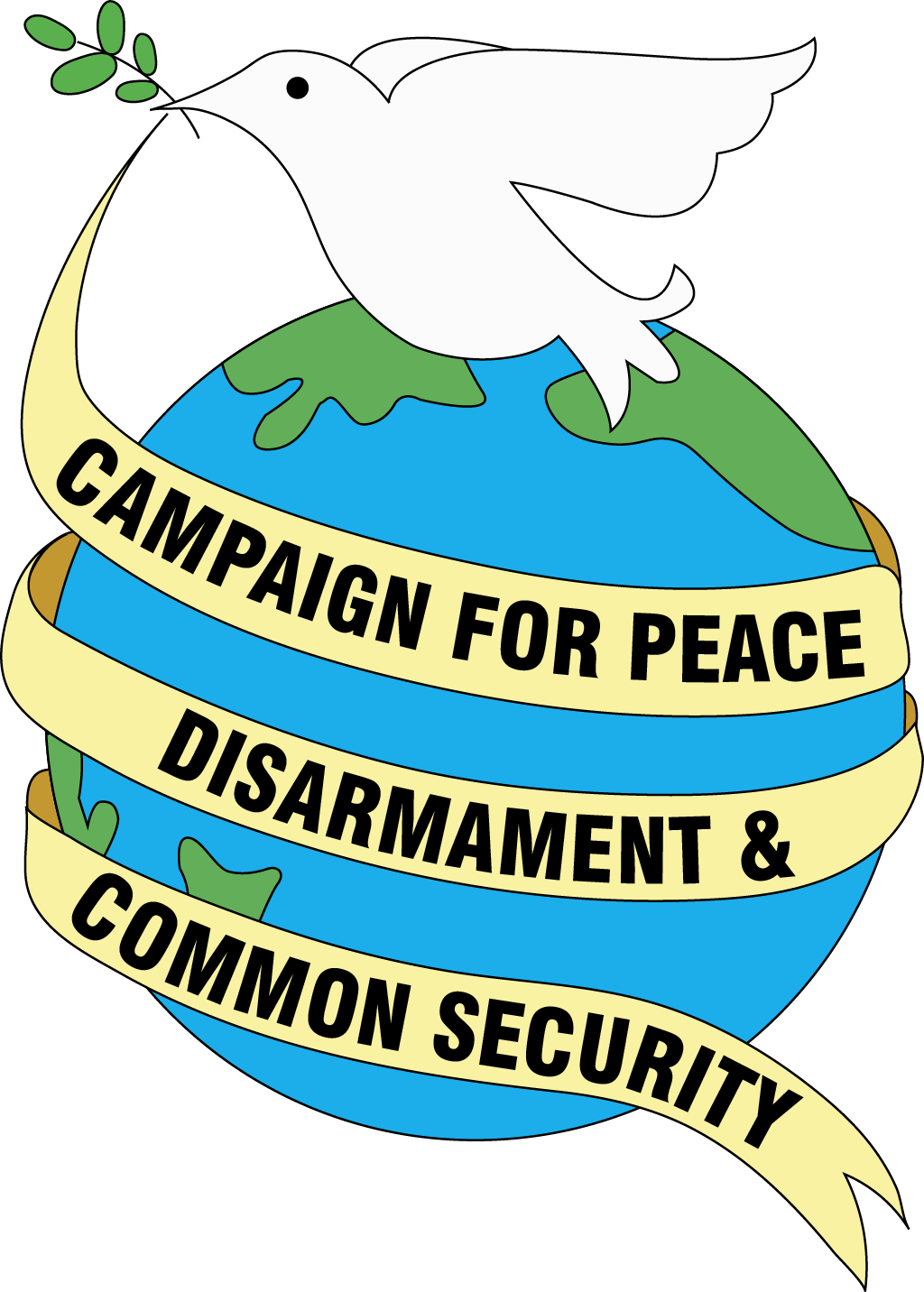Peace & Planet Strategy Meeting – September 18, 2021
We stand at a nuclear crossroads, in a sharply divided world. While the Treaty on the Prohibition of Nuclear Weapons represents the total repudiation of nuclear weapons by most of the states that don’t possess them, the dangers of wars among nuclear-armed states are growing.
An alarming trend is the increased scale and tempo of war games by nuclear-armed States and their allies, including nuclear drills. Ongoing missile tests, and frequent close encounters between military forces of nuclear-armed states exacerbate nuclear dangers. Tensions between the United States and China are the worst they have been since the renewal of relations in the early 1970s, with flashpoints over contested islands in the South and East China seas, Taiwan, and Hong Kong, which could potentially spawn nuclear confrontations.
The uninhabited Senkaku/Diaoyu Islands in the East China Sea are the focus of a territorial dispute between U.S. ally Japan and both the People’s Republic of China and the Republic of China, also known as Taiwan. 1 Malaysia, the Philippines, Brunei, Taiwan and Vietnam all contest China’s claim to almost all of the South China Sea, and tensions have increased dramatically in recent years. China claims an area known as the “nine-dash line” and has backed its claim with island-building and patrols, expanding its military presence while maintaining that its intentions are peaceful. 2
Building on the Obama Administrations 2011 pivot, from a focus on the Middle East to the Asia-Pacific, the Trump Administration’s 2018 National Defense Strategy outlined a shift from the “war on terrorism” to “great power competition,” with China and Russia as strategic competitors. The Biden Administration’s Interim Strategic Guidelines are consistent with the Trump Strategy in which China is portrayed as a “strategic competitor.”
It was recently revealed through open-source intelligence analysis that China is constructing at least 250 new long-range missile silos at as many as three locations. At this point there is little information and much speculation about what this means, but it could significantly impact the Biden administration’s Nuclear Posture Review and arms control and strategic stability talks between the United States and Russia. 3
Economic competition, competition for resources and competition for regional dominance, are all conflated by the U.S. and its allies with “national security” threats. Compounded by centuries of historic competition and conflict, contested jurisdictions, cultural and political misunderstandings, and rising authoritarian nationalisms, the current situation is a volatile “hot mess,” which may resemble conditions leading to World War I more than the Cold War.
The situation is enormously complex and poses unprecedented challenges – to the world, and to the peace and disarmament movement. A few recent developments illustrate the escalating war of words and growing dangers.
The chaotic withdrawal of U.S. troops from Afghanistan, which borders China, after 20 years, and the immediate takeover by the Taliban creates a new situation in a very unstable region, with unknown potential implications for U.S.- China relations.
Just last evening it was reported that U.S. Secretary of State Anthony Blinken had deleted a tweet accusing Chinese leaders of weakening Hong Kong’s long-term political and social stability and affirming the United States’ commitment to “stand with the people of Hong Kong.” The tweet came after seven pro-democracy district councilors were disqualified when authorities said the oaths they took were invalid. According to Hong Kong’s basic law, Hong Kong is designated as a Special Administrative Region which is an inalienable part of the People’s Republic of China. 4
An identical tweet posted by a spokesperson for the U.S. State Department, had not been deleted as of Friday evening.
A spokesperson for the Chinese foreign ministry’s Hong Kong office issued a statement strongly condemning “irresponsible comments from certain US politicians” on Hong Kong, adding that “no US slanders” would stop the nation’s determination to enforce “patriots administering Hong Kong.” 5
The U.S. and China have also experienced deepening tensions over Taiwan, which the PRC claims as Chinese territory, with the United States supporting the self-ruled island’s liberal democracy. The U.S. says that using force to determine Taiwan’s fate would be of “grave concern,” leaving open the possibility of military intervention.
Mirroring the U.S. stance, in April, just before American officials arrived in Taiwan at President Biden’s request, China warned it would not rule out the use of military action to keep Taiwan from “the interference of external forces.”
A spokesperson for the Taiwan Affairs Office of the Chinese State Council, told reporters: “The signal given by the military drills is that we are determined to stop Taiwan independence, and stop Taiwan from working with the US. We are doing it with action.” 6
A complicating factor is that Taiwan is the world’s leading source of advanced semiconductors on which the U.S., Chinese and Japanese economies depend.
Just this week, following years of deteriorating relations with China, Australia announced a new defense agreement in which the United States and Britain would help it deploy nuclear-powered submarines.
With its move to acquire heavy weaponry and top-secret technology, Australia has tied its fate to the United States for generations to come — described as a “forever partnership” by Australia’s prime minister, Scott Morrison. The agreement will open the way to deeper military ties and higher expectations that Australia would join any military conflict with China. Australia will become only the second country — after Britain in 1958 — to be given access to American submarine technology, which allows for stealthier movement over longer distances.
A spokesperson for the Chinese Ministry of Foreign Affairs responded that the submarine agreement would “seriously damage regional peace and stability, exacerbate an arms race and harm international nuclear nonproliferation efforts,” declaring, “This is utterly irresponsible
conduct.” 7
While underscoring the U.S. military commitment to Australia and Japan, this agreement calls into question the U.S. relationship with its oldest ally, France. The Biden administration’s announced decision to share sensitive nuclear submarine technology with Australia, effectively canceled an earlier agreement between Australia and France. Under the previous $66 Billion deal, Australia would have purchased 12 French diesel-powered submarines.
France’s response was swift and remarkable, with French President Emmanuel Macron ordering the recall of France’s ambassadors to Washington and Australia. Foreign Minister Jean-Yves Le Drian called the unprecedented move an “extraordinary decision” that “reflects the exceptional seriousness” of the situation. What he called “a new partnership” excluding France…. “constitute[s] unacceptable behavior among allies and partners,” 8 describing the decision a “knife in the back.”
The Atlantic describes this development as what could be “the faint outlines of a new world order, or at least an attempt to start drawing one.” 9
As I said, it’s a “hot mess.” I have a lot of questions and I don’t have a conclusion, except that authoritarian nationalism is not acceptable anywhere, and that militarism is never a solution.
Our question for discussion is:
How should we understand the increasingly confrontational U.S./NATO vs. China and Russia military and related policies? What are their implications for nuclear weapons abolition advocacy and for future actions?

